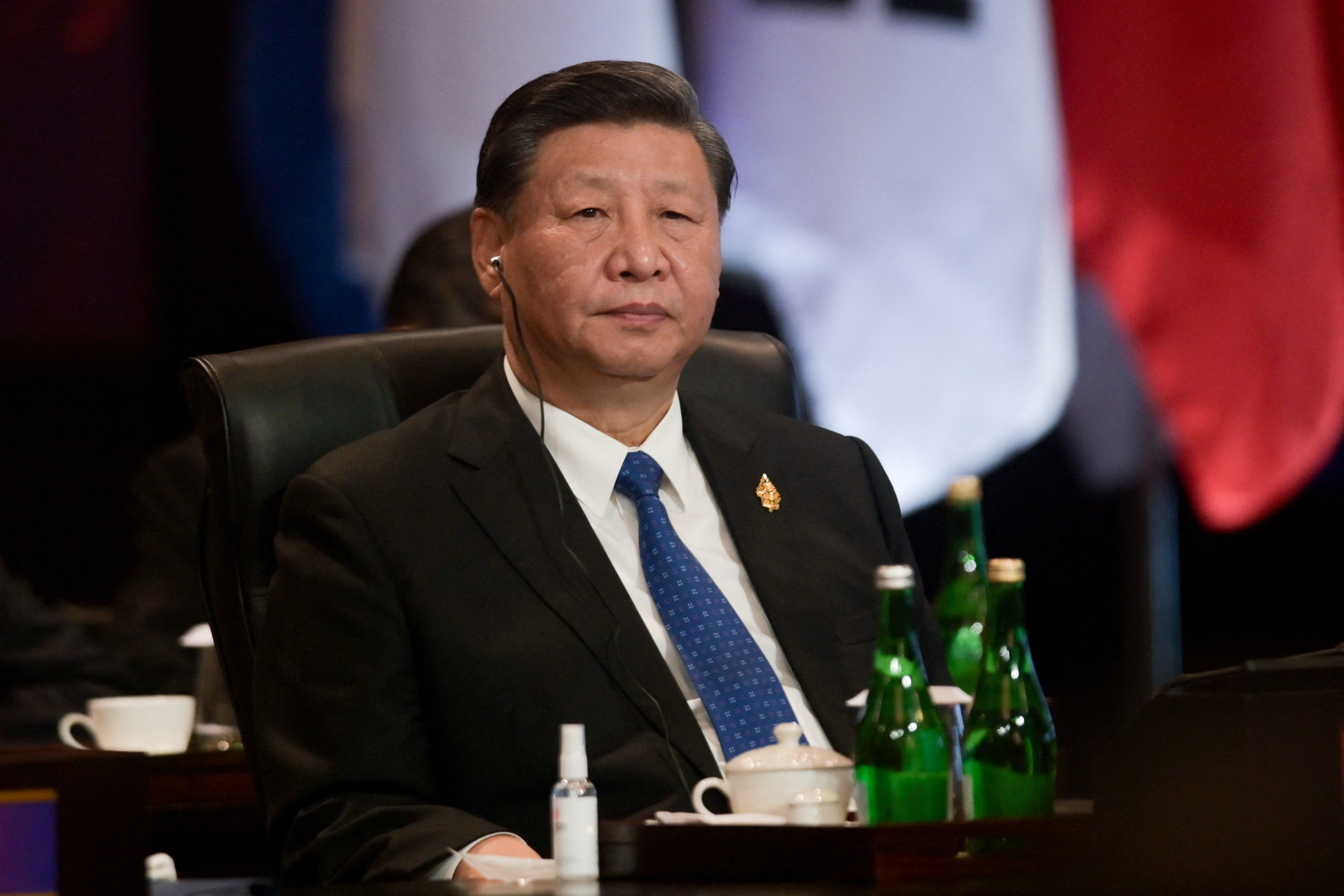Lingering Cold War Mentality Continues to Shape Global Dynamics: Xi Stresses at BRICS Summit

Lingering Cold War Mentality Continues to Shape Global Dynamics: Xi Stresses at BRICS Summit
In a compelling address during the annual BRICS summit, Chinese President Xi Jinping emphasized that the persistent shadow of a ‘Cold War mentality’ continues to cast its influence over global affairs, urging nations to come together to reshape the world order. The summit, which brought together the leaders of Brazil, Russia, India, China, and South Africa, provided a platform for candid discussions on pressing global issues.
President Xi’s words reverberated through the virtual summit as he underlined the importance of recognizing and addressing the deep-seated patterns of thinking that have their origins in the Cold War era. The ‘Cold War mentality’, as he described it, refers to the adversarial and zero-sum approach that characterized the power dynamics between the United States and the Soviet Union during the Cold War. This approach often led to alliances formed solely for strategic gain and the prioritization of national interests over collective well-being.

Xi Jinping’s call for global leaders to shed this mentality and forge a more cooperative and inclusive world order comes at a time when various international challenges require a unified response. The persistent tensions among major powers, territorial disputes, economic inequalities, and the looming threat of climate change all demand a departure from the divisive mindset that dominated the 20th century.
The president’s address echoed the sentiments of many leaders around the world who have grown increasingly concerned about the resurgence of isolationist policies, protectionism, and the pursuit of narrow interests. These trends, often attributed to the remnants of the Cold War mentality, can hinder international cooperation and impede progress on shared goals.
President Xi’s words carried a sense of urgency, invoking a sense of responsibility on all nations to collectively address the pressing issues of our time. He called for a united front against global challenges, highlighting the success of the BRICS coalition as a testament to the potential of collaborative efforts. The BRICS nations, representing diverse cultures and economies, have managed to foster cooperation and mutual respect despite their differences, showcasing the viability of a more inclusive world order.
Xi’s address wasn’t merely a critique of the current state of global affairs; it was a call to action. He proposed that nations should work together to foster a renewed sense of trust and collaboration, transcending traditional boundaries. This, he argued, could be achieved by investing in diplomacy, promoting economic interdependence, and prioritizing the well-being of all people.
The power of Xi’s message lies not only in its timeliness but also in its resonance across the international stage. Leaders from Brazil, Russia, India, and South Africa echoed his concerns and expressed their commitment to overcoming the Cold War mentality that still influences decision-making processes.
The path forward, as outlined by Xi, requires a multilateral approach where nations engage in transparent dialogue and cooperate based on shared values and goals. This cooperative mindset, while challenging to implement, holds the potential to address some of the world’s most pressing issues.
Xi Jinping’s speech also addressed the importance of striking a balance between honoring national identities and pursuing a collective identity as members of a global community. This balance, he argued, would prevent the complete erosion of individual cultures while fostering a sense of unity that is essential for effective collaboration.
As the summit drew to a close, the leaders issued a joint declaration reaffirming their commitment to fostering a new era of cooperation and inclusivity. The declaration outlined specific areas of focus, including sustainable development, equitable economic growth, and the fight against climate change. This united front demonstrated the willingness of these nations to set aside differences and work collectively towards a brighter future.

However, the journey towards dismantling the Cold War mentality and embracing a more cooperative world order is not without its challenges. Historical grievances, power struggles, and the inherent complexities of international diplomacy can impede progress. Nonetheless, the BRICS summit served as a testament to the potential of such cooperation, breathing life into the vision of a united global front against the challenges of the 21st century.
In conclusion, President Xi Jinping’s address at the BRICS summit brought to light the enduring influence of the ‘Cold War mentality’ on global dynamics. His call for unity, cooperation, and a departure from the zero-sum approach serves as a reminder that the challenges of today’s world require a collective response.
The leaders of the BRICS nations have demonstrated their commitment to this cause through a joint declaration that outlines their shared vision for a more inclusive and cooperative world. While obstacles undoubtedly lie ahead, the momentum generated by this summit offers hope that the world can indeed move beyond the shadows of the past and into a brighter future of collaboration and mutual respect.





